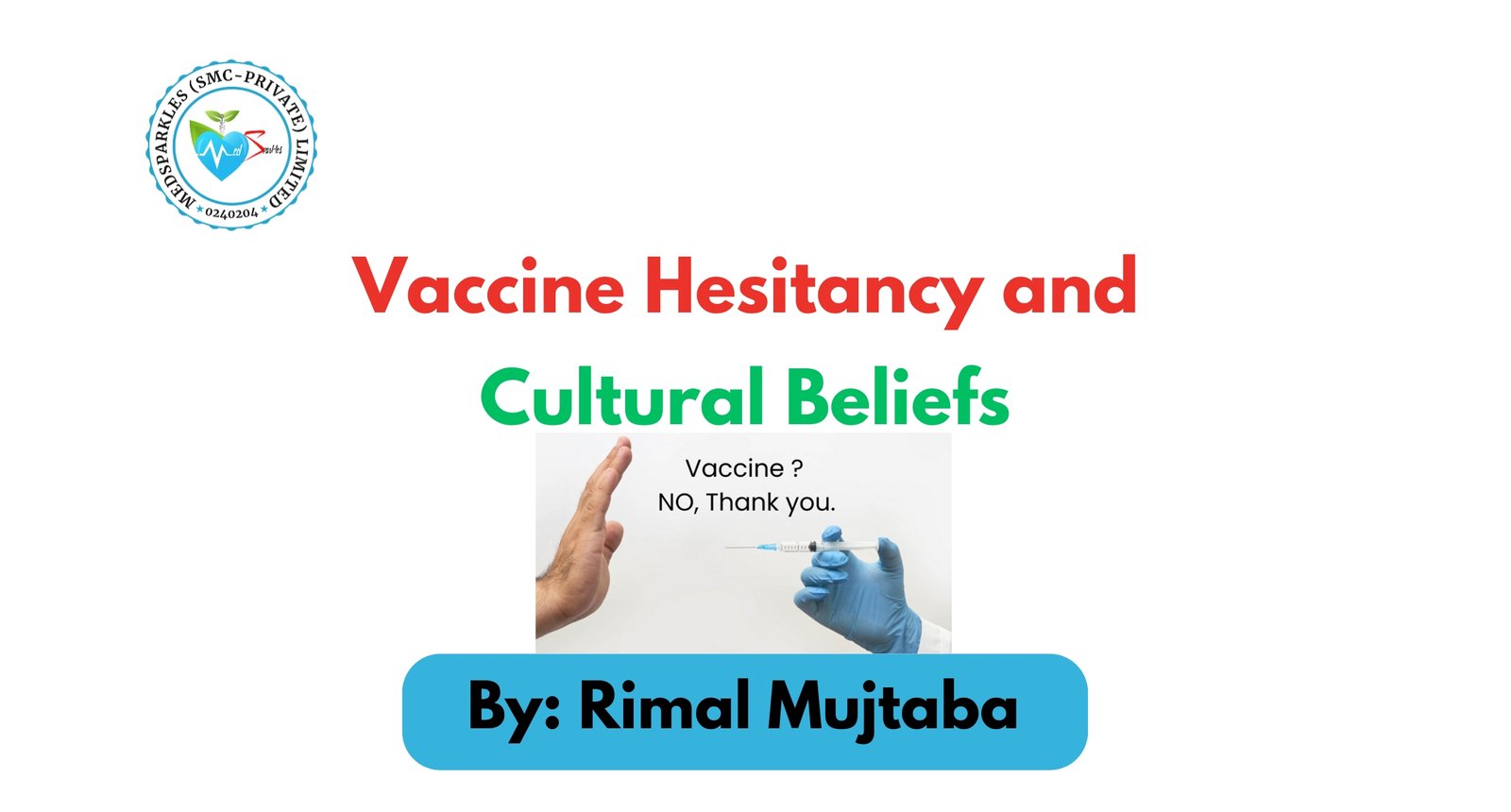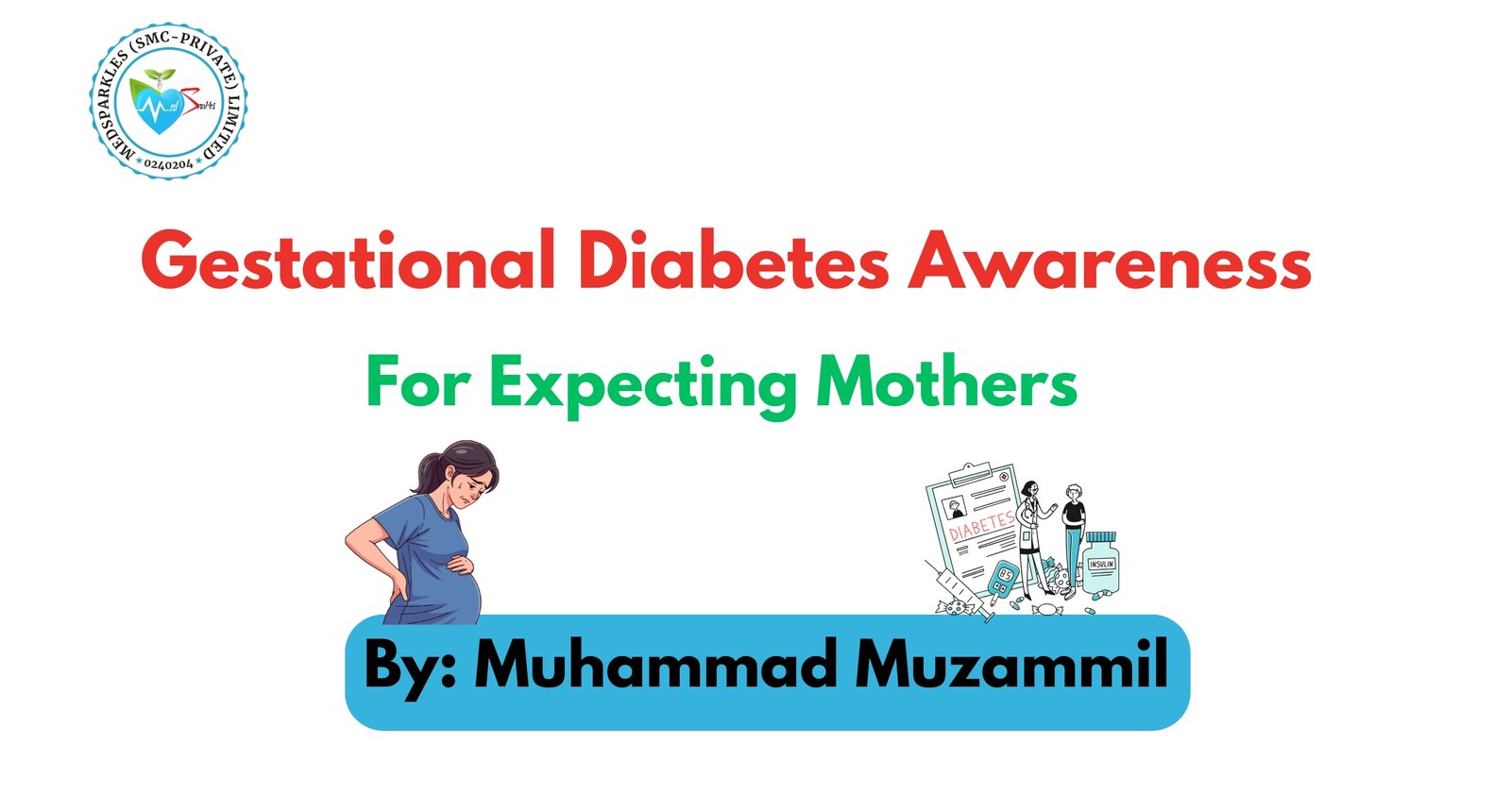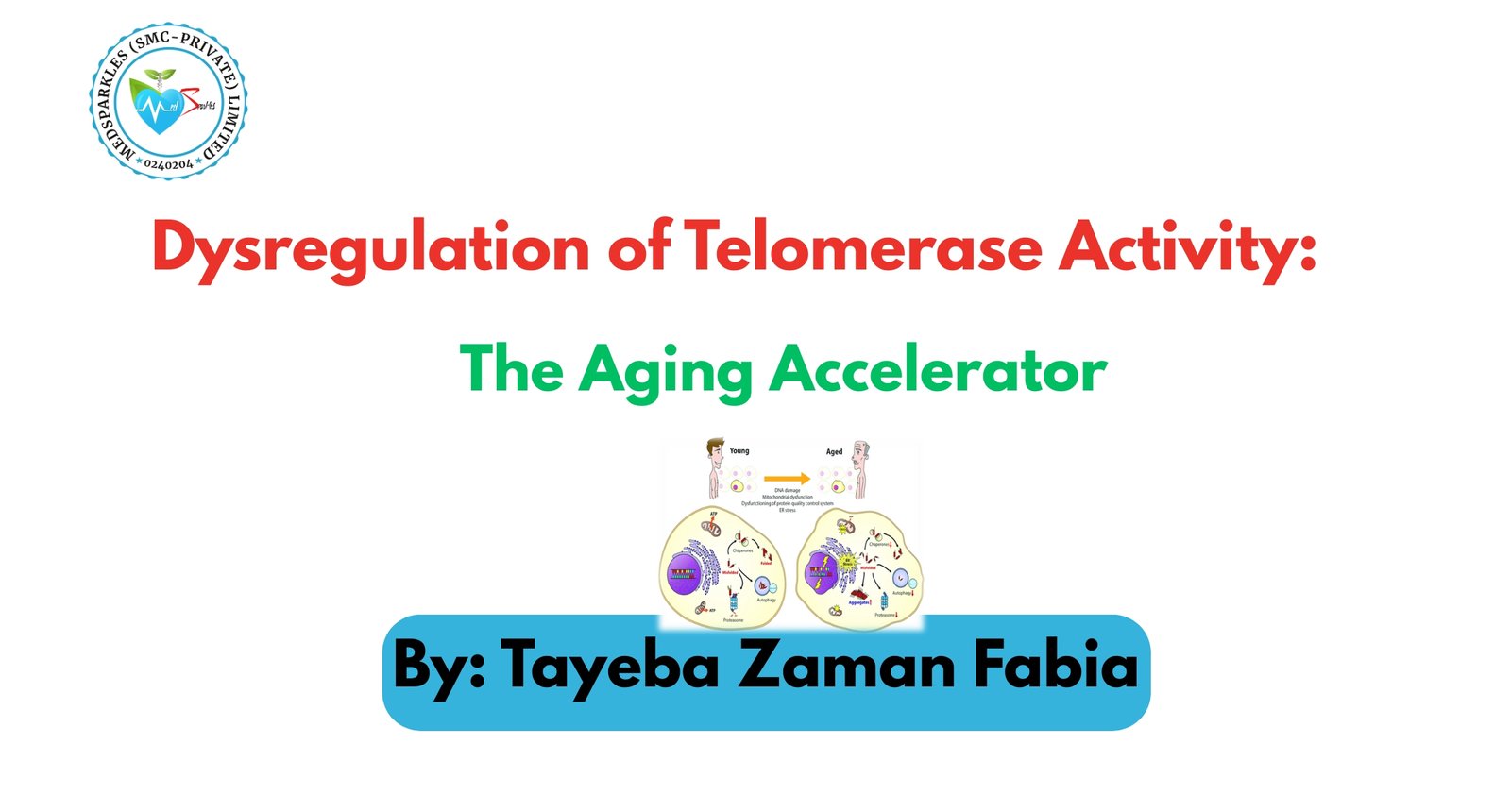History shows that vaccines are a powerful tool against many viral infections. Vaccines help to eradicate infections such as smallpox, measles, and polio, thereby reducing the healthcare burden by combating multiple infectious diseases. Despite these proven accomplishments, vaccine hesitancy remains a persistent challenge.

Understanding Vaccine Hesitancy:
A cultural trend arises whenever a new vaccine is introduced to the market for public healthcare use. These patterns of trends are often in the form of resistance, fear, and confusion. A common term used to describe this phenomenon is ‘vaccine hesitancy, a delay in acceptance or refusal of vaccination despite the availability of vaccination services.
In terms of ethnicity, it has been theorized that vaccine hesitancy is primarily driven by a lack of trust in the medical profession, cultural beliefs, and historic discrimination.
“Globally, 1 in 5 children still do not receive routine life-saving immunizations, and an estimated 1.5 million children still die each year of diseases that could be prevented by vaccines that already exist, according to WHO.”
Why Is Vaccine Hesitancy Still a Challenge?
Recently, the WHO identified the three key drivers as the 3 Cs for vaccine hesitancy. These are:
- Confidence: Lack of confidence and trust in the healthcare system.
- Complacency: A sense of self-satisfaction and self-approval.
- Convenience: Practical barriers to access safe and effective vaccine services.
However, these factors are seen through a cultural lens that later transforms the attitude of the general community or simply how they perceive vaccines for themselves.
The following reason makes vaccine hesitancy a global healthcare challenge:
- Religious Beliefs: Different religious communities show variable perspectives and beliefs towards vaccine use. Some express concerns over the vaccine ingredients, often misunderstood as derivatives of pork, which is considered forbidden or haram by Muslims. Some view vaccines as a way to interfere with spirituality and natural processes. Shortly, vaccine hesitation due to religious concerns is not monolithic, but there are diverse interpretations and assumptions.
- Historical Roots of Medical Mistrust:
Several key factors influence the development of medical mistrust, including historical events, socioeconomic status, cultural beliefs, and past personal experiences with the medical system.
- The legacy of the Tuskegee Syphilis Study, where Black men were deceived and denied treatment, this history contributes to hesitancy about vaccine use.
- Indigenous populations may prefer traditional healing practices and view Western medicine with suspicion.
- People with colonial histories view vaccines as tools of foreign control and experimentation. Many conspiracy theories and rumors arise when trust in government and international agencies is low.
- Social Influence and Dynamics of Opinion:
Social and cultural norms and collective dynamics of opinion can play a significant role in vaccine use. In many cultures, decisions are often made in consultation with community elders or family members.
- Media and False Echo Chambers:
Today’s world is in the digital age; many beliefs are reshaped by the media. Social media platforms can serve as a door to false information. Any information from these echo chambers can spread easily and rapidly. People trust whatever gets shared on social media without searching for the facts. The need of the time is to spread awareness and encourage people towards safe vaccine use by educating the public.
Strategies to Take up Arms Against Vaccine Hesitation:
- Collaborate with local government leaders, social activists, and influencers to spread awareness messages on safe vaccine use.
- Guide healthcare professionals to respect religious and cultural values and make the community understand the benefits of vaccines.
- Use different educational tools like storytelling, metaphors, and visuals to better convey vaccine use.
- Acknowledge historic mistrust and ensure ethical practices.
- Make sure that the vaccine is easily accessible and available to use in different population groups.
HPV Vaccine Campaign Amidst Misinformation Challenge:
HPV is a significant public health concern in Pakistan, with cervical cancer ranking as the third most common cancer in women and the second most common in women aged 15-44. To combat this, Pakistan launched a national HPV vaccination campaign in September 2025 to protect girls aged 9-14 from the virus, aiming to prevent thousands of cervical cancer deaths in the future through a partnership with organizations like UNICEF, WHO, and Gavi.
This campaign has been accompanied by conspiracy theories, primarily online, claiming the vaccine causes infertility or harm, fueled by false viral videos and similar myths. These conspiracies, which gained traction during the September 2025 nationwide campaign, are being countered by health officials and organizations through community engagement, religious leader endorsements, and public demonstrations of the vaccine’s safety to build trust and prevent the spread of misinformation.
Conclusion:
Overall, Vaccine hesitancy is a challenge, and to meet this challenge, we must verify the facts, engage in community awareness programs, and act responsibly. Therefore, vaccine success is not just defined by its clinical approvals; real victory lies in vaccine coverage against disease in a specific population.
FAQs
1. What is vaccine hesitancy, and why does it persist?
Vaccine hesitancy is the delay or refusal of vaccines despite availability, often driven by cultural beliefs, mistrust, and misinformation.
2. How do cultural and religious beliefs influence vaccine acceptance?
Cultural and religious perspectives can shape attitudes toward vaccines, sometimes leading to hesitancy or rejection based on spiritual or ethical concerns.
3. What strategies help overcome vaccine hesitancy in communities?
Engaging local leaders, respecting cultural values, and using tailored education tools are key to building trust and promoting vaccine uptake.





